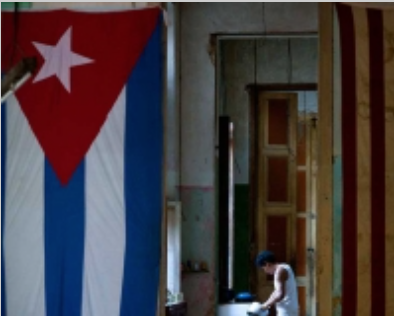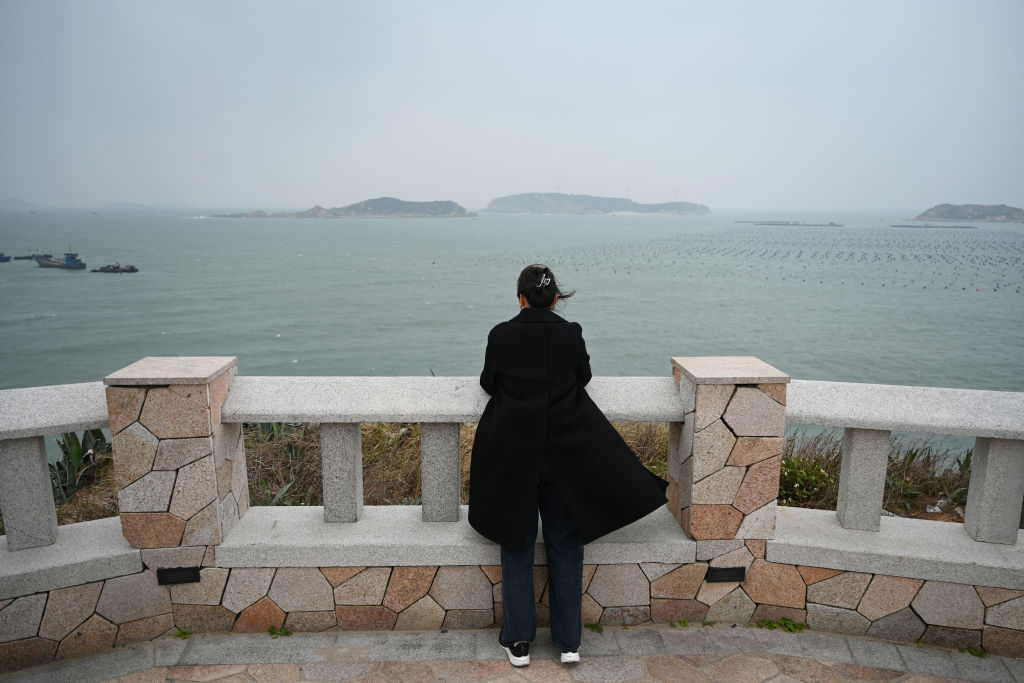Weekly Chart: Where Support Stands for Washington's Cuba Policy
Weekly Chart: Where Support Stands for Washington's Cuba Policy
In light of Donald Trump’s announcement on Cuba, here’s how Congress and Americans overall feel about thawing ties with the island.
On Friday, June 16, U.S. President Donald Trump is set to announce his administration’s changes to Washington’s Cuba policy during his trip to Miami. The city is home to the largest Cuban-American community in the United States and, with 54 percent of Florida’s Cuban voters casting ballots for Trump in November’s election, the president expects a receptive audience.
But that’s not the whole story when it comes to the country’s policy toward the island. Support for lifting the U.S. trade embargo on Cuba is at a record high among Miami-Dade’s Cuban-Americans. Florida International University’s survey of the community—the longest-running research project polling South Florida’s Cuban-Americans—found that 63 percent of respondents favored lifting the embargo in 2016, up from 48 percent two years prior.
Part of the equation is the difference in opinion among the newer generations of migrants making their way to the United States compared to Cuban-Americans who fled the island in the earlier days of the Communist regime. Over half of the Cubans that migrated before the 1980s support continuing the embargo, while just a fifth of those migrating after 1995 do, according to the poll.
But it’s not just newer Cuban immigrants who support ending the embargo. Since the White House announced it was reviewing ex-President Barack Obama’s policy of rapprochement, congressmen, former military personnel, and business coalitions have sent letters to the president contending that maintaining the détente is in the interest of the United States. One group of female entrepreneurs in Cuba opted for appealing to Trump's daughter, Ivanka. On June 13, U.S. Secretary of State Rex Tillerson testified before a Senate Foreign Relations hearing, and spoke about how the White House is unlikely to roll back business ties, but also intends to adhere to the existing Helms-Burton Act requiring Cuba transition to a democracy before lifting the embargo. “[The] general approach is to allow as much of this continued commercial and engagement opportunities to go on as possible because we do see the sunny side of the that,” said Tillerson at the hearing.
Obama policies easing travel to Cuba are more likely to be on the chopping block, as legislative hardliners such as Senator Marco Rubio (R-FL) and Representative Mario Díaz-Balart (R-FL) claim tourism to the island bolsters the Castro government. Yet, the majority of U.S. travelers are more likely to frequent privately owned paladares and bed and breakfasts than state-run restaurants or hotels. Moreover, the rollback stands contrary to the growing wave of bipartisan support for thawing U.S.-Cuba ties. Already, nine bills stand in Congress lifting restrictions, with half introduced by Republican legislators and cosponsored by lawmakers from 41 different states.
As Trump prepares to announce changes to Cuba policy, AS/COA Online takes the temperature of support in Washington and among U.S. voters. Having trouble loading the infographic? Click here.







